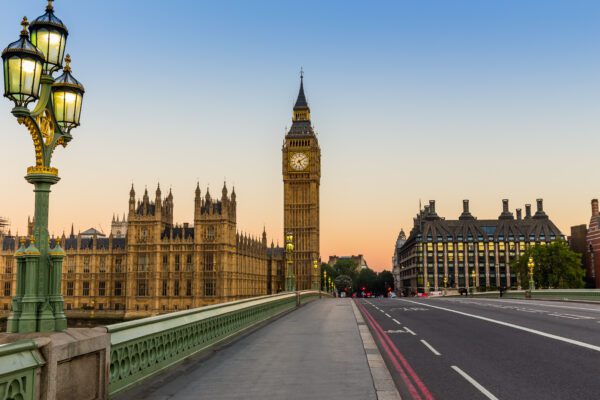
Minimum Energy Efficiency Standards (MEES) – are you complying?
What are the Minimum Energy Efficiency Standards ? From April 2018 changes to legislation will make it unlawful to agree a new lease for a commercial property with an Energy Performance Certificate (EPC) rating of F or G. Who will MEES apply to? MEES will apply to new lettings and lease renewals in England and […]
What are the Minimum Energy Efficiency Standards ?
From April 2018 changes to legislation will make it unlawful to agree a new lease for a commercial property with an Energy Performance Certificate (EPC) rating of F or G.
Who will MEES apply to?
MEES will apply to new lettings and lease renewals in England and Wales on or after the 1 April 2018, the landlord/property owner will need to ensure that the property meets MEES before the lease is granted.
However as of 1 April 2023 all privately rented property will be required to meet the standards.
Who will MEES not apply to?
It will apply to most properties, however properties that do not require an EPC under current regulations will not be required to meet MEES. In addition to this, MEES does not apply to short lettings (6 months or less) and letting that are over 99 years.
Are there any penalties for non-compliance?
Yes. In most circumstances, the financial penalty for non-compliance is linked to the rateable value of the property. However, the penalty could be as high as £150,000.
What are the key dates?
- April 2016
As of 2016 the Minimum Energy Efficiency Standards are now law.
- April 2018
The regulations will be enforced upon the granting of a new lease as well as lease renewals.
- April 2023
The regulations will apply to ALL privately rented property in scope of the regulations, including where a lease is already in place and a property is occupied.
Why is it being enforced?
The Energy Act 2011 introduced a number of provisions that affect property owners, MEES being one of them. MEES aims to improve the energy efficiency rating of the most energy inefficient properties across England and Wales.
Energy Efficiency Standards also contribute to the UK legislative targets of reducing CO2 emissions for all buildings to around zero by 2050.
Are there any exemptions?
As we noted earlier, most properties are required to adhere to the standards, however landlords can be made exempt if they are able to demonstrate one of the following;
They have carried out all cost-effective energy efficiency improvements to the property
The measures that have been identified by Green Deal or an alternative government scheme are not cost effective (devalue the property by 5{f28ba8b7cd80e2a72e2e4b0140ea6524aee5e72b0af8287d84bbf0c79910665b} or more, or they fail to raise the EPC rating above an F).
Finally, if third-party consent are not available, despite reasonable effort then MEES will not be applicable.
If one or more of these apply to a property then MEES does not need to be met, however it is important to note that these exemptions are likely to have a time constraint attached to them.
How does BREXIT affect MEES?
As a result of BREXIT, legislative changes may include the repeal of UK legislation enacted to implement European directives. UK legislation relating to MEES could be subject to review, but given the UK’s statutory commitment to reduce greenhouse gas emissions a complete repeal without some similar replacement.
For more information or to find out when Inspired Energy can undertake a MEES check on your property, give a member of our experienced team a call on 01772 689 250.
Alternatively you can take a look at the Government Regulation report here.










